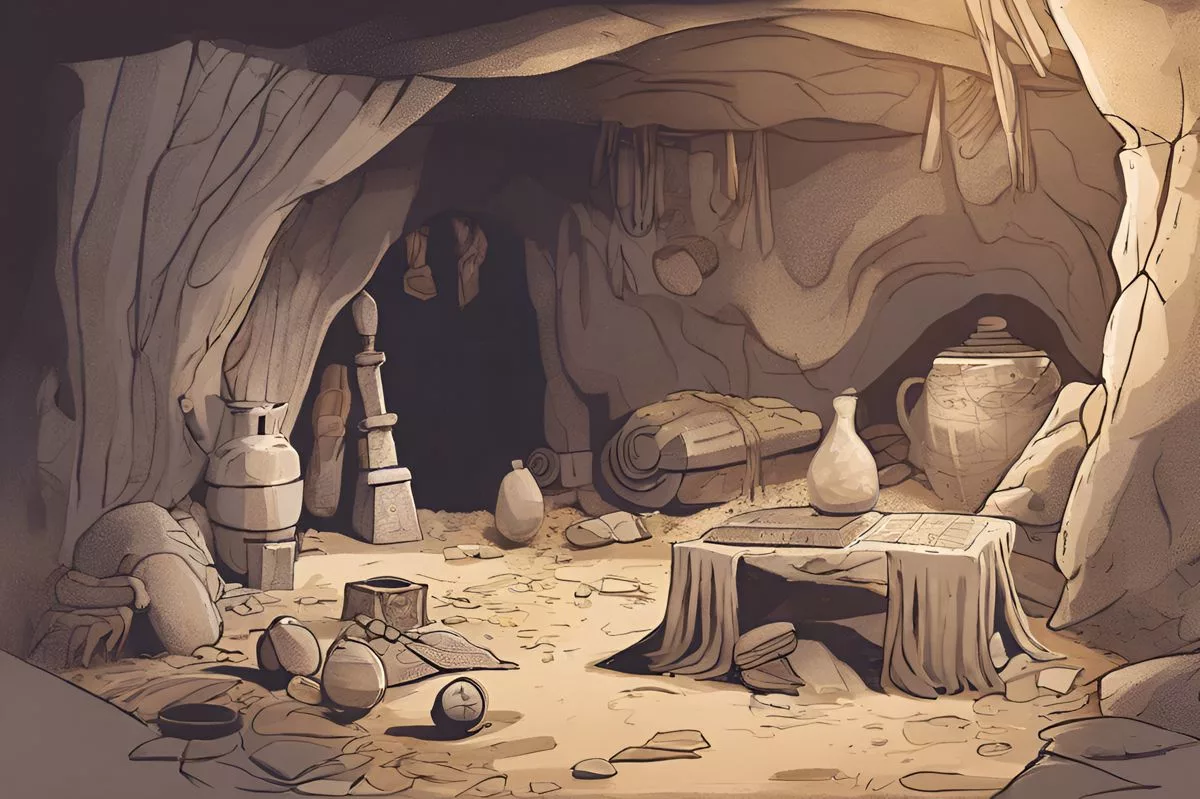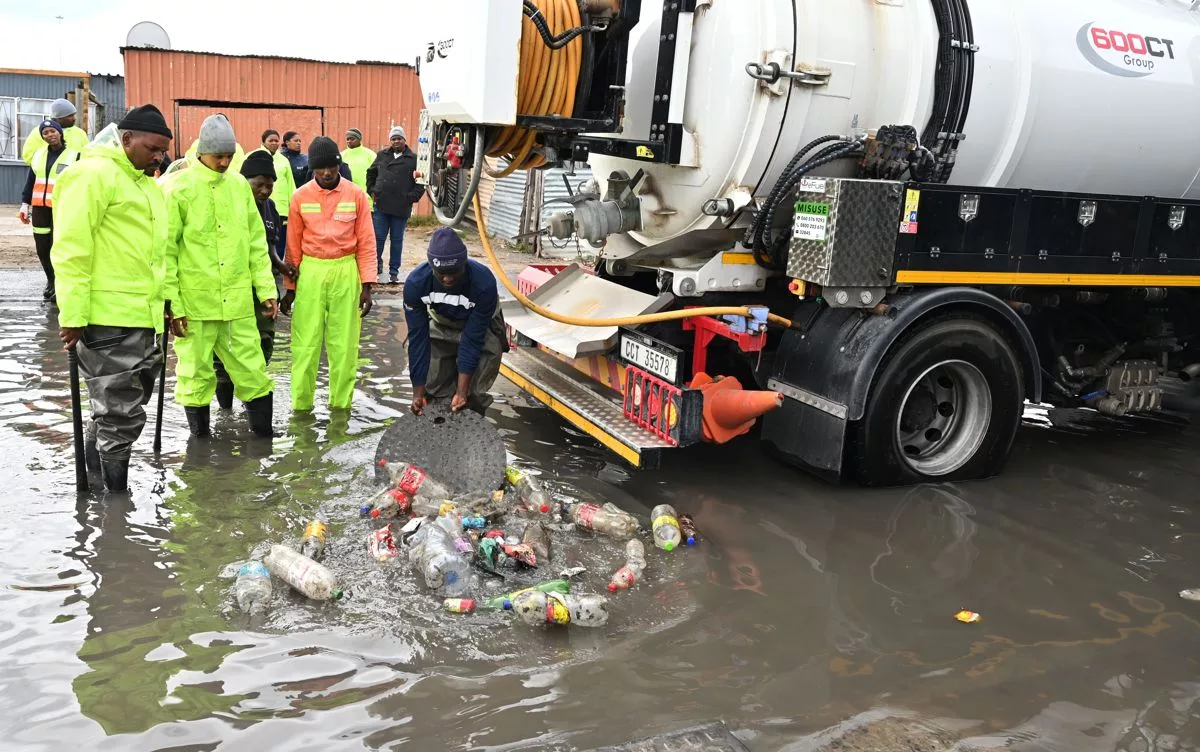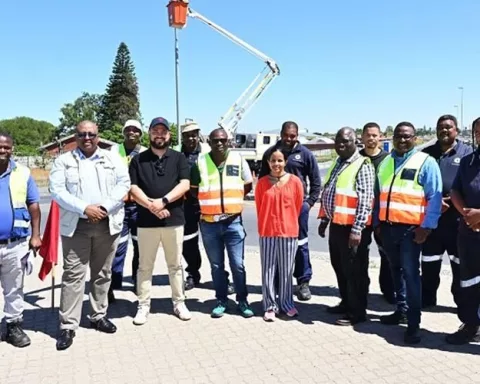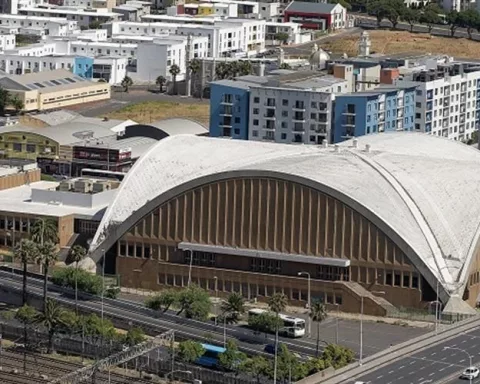The Western Cape in South Africa is home to two World Heritage Sites, the Diepkloof Rock Shelter and the Pinnacle Point Site Complex, crucial in understanding modern human evolution. These sites offer a glimpse into our shared past, representing our collective historical memory and providing fundamental insights into the emergence of modern human behavior. The preservation of these sites is a commitment to safeguarding our shared ancestry and preserving our collective historical memory.
South Africa’s Western Cape has recently been acknowledged for the critical role it has played in understanding modern human evolution. The Diepkloof Rock Shelter and the Pinnacle Point Site Complex have been declared World Heritage Sites, shedding light on the origins of contemporary human behavior. These sites offer a glimpse into our shared past, representing our collective historical memory, and providing fundamental insights into the emergence of modern human behavior during the Pleistocene epoch.
South Africa’s Western Cape is a treasure trove of historical significance, recently acknowledged by the declaration of two critical archaeological sites as World Heritage Sites. This prestigious recognition sheds light on the influential role this area has played in unravelling the origins of contemporary human behaviour.
The Diepkloof Rock Shelter situated near Elands Bay, and the Pinnacle Point Site Complex located in Mossel Bay, earned World Heritage status at the 46th UNESCO World Heritage Committee session. These sites constitute components of the South African proposal titled ‘The Emergence of Modern Human Behaviour: The Pleistocene Occupation Sites of South Africa’. This honour emphasizes the immense contributions these places have made to our comprehension of primordial human evolution and behaviour.
Celebrating the Legacy of Ancestral Resilience
Ricardo Mackenzie, the provincial minister of cultural affairs and sport, expressed profound pride and gratitude upon receiving this distinguished recognition. He cited this significant event as a milestone in the shared journey to acknowledge and celebrate the roots of contemporary human behaviour and our shared cultural legacy.
Mackenzie emphasized the exceptional preservation of these sites, attributing it to the resilience, creativity, and adaptive abilities of our forebears, especially in times of environmental shifts, including climate change and rising sea levels.
The impeccable condition and authenticity of the Diepkloof Rock Shelter and the Pinnacle Point Site Complex are a result of scrupulous conservation efforts. Interdisciplinary international teams of experts have been diligent in their work, ensuring that discoveries at these places remain undisturbed, continuing to provide invaluable insights into primitive human behaviour.
Preserving the Footprints of Our Shared Past
Mackenzie also highlighted the commitment to safeguarding these sites under national heritage regulations and comprehensive management frameworks. This commitment exemplifies a deep reverence for our shared ancestry and a dedication to preserving our collective historical memory.
Additionally, the Sibhudu Cave in KwaDukuza, KwaZulu-Natal was recognized for its archaeological significance. With its inclusion, 2024 witnessed three South African sites earning the World Heritage Site status. This was a victorious year for the conservation of South Africa’s abundant historical legacy, indicating the nation’s commitment to preserving its historical heritage.
The sites offer more than a glimpse into our remote past. They encapsulate the narrative of our ancestors, their inventiveness and adaptability, their hardships and victories. They represent our shared evolution as a species, providing fundamental insights into the emergence of modern human behaviour during the Pleistocene epoch.
Unveiling the Human Story: A Journey of Discovery and Preservation
Recognition of these sites underscores the importance of archaeological preservation and research. It validates the centrality of South Africa’s Pleistocene occupation sites in the wider narrative of human evolution. The Western Cape, with its wealth of archaeological riches, now stands at the forefront of international appreciation for our shared human heritage.
The Diepkloof Rock Shelter, the Pinnacle Point Site Complex, and the Sibhudu Cave are more than simple archaeological sites. They serve as gateways into our shared past, offering us an exclusive opportunity to immerse ourselves in the early history of our species. As we gaze into the future, the preservation of these sites will play a crucial role in our pursuit of knowledge and comprehension of our origins.
In conclusion, the World Heritage status of these locations reaffirms the universal significance of our shared human narrative. It reminds us of our place in a continuum that extends back to our earliest days, and that the resilient, adaptive traits exhibited by our ancestors continue to reside within us. Through the conscientious exploration and preservation of these sites, we persist in our ceaseless quest to understand ourselves better.
1. What are the Diepkloof Rock Shelter and the Pinnacle Point Site Complex and why are they important?
The Diepkloof Rock Shelter and the Pinnacle Point Site Complex are two World Heritage Sites located in South Africa’s Western Cape that are crucial in understanding modern human evolution. These sites offer fundamental insights into the emergence of modern human behavior during the Pleistocene epoch and provide a glimpse into our shared past.
2. What is the significance of the World Heritage status awarded to these sites?
The World Heritage status awarded to these sites highlights their universal significance in our shared human narrative and underscores the importance of archaeological preservation and research. It also signifies South Africa’s commitment to preserving its historical heritage.
3. What is the commitment to safeguarding these sites?
The commitment to safeguarding these sites is exemplified by national heritage regulations and comprehensive management frameworks. This commitment demonstrates a deep reverence for our shared ancestry and a dedication to preserving our collective historical memory.
4. Who is Ricardo Mackenzie and what did he say about the recognition of these sites?
Ricardo Mackenzie is the provincial minister of cultural affairs and sport in South Africa. He expressed profound pride and gratitude upon receiving the distinguished recognition of the World Heritage status awarded to these sites. He cited this significant event as a milestone in the shared journey to acknowledge and celebrate the roots of contemporary human behavior and our shared cultural legacy.
5. What is the Sibhudu Cave and why is it significant?
The Sibhudu Cave is located in KwaDukuza, KwaZulu-Natal, and was recognized for its archaeological significance. Its inclusion in the list of World Heritage Sites in 2024 made it one of three South African sites to earn this status that year.
6. What do these sites offer beyond a glimpse into our remote past?
These sites encapsulate the narrative of our ancestors, their inventiveness and adaptability, their hardships and victories, and represent our shared evolution as a species. They offer fundamental insights into the emergence of modern human behavior during the Pleistocene epoch and serve as gateways into our shared past, offering us an exclusive opportunity to immerse ourselves in the early history of our species.












